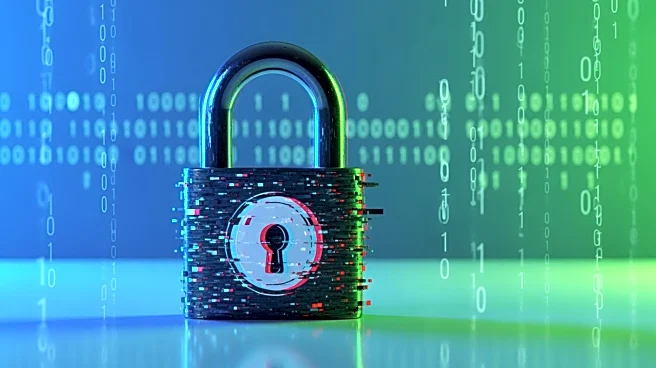What's Happening?
In May 2021, Colonial Pipeline, one of the largest fuel pipeline systems in the United States, experienced a significant cyberattack that halted operations. The FBI identified the attackers as members
of the criminal group Darkside, believed to be based in Russia. The breach occurred through a compromised password linked to a disused virtual private networking account, which lacked multi-factor authentication. Colonial Pipeline's CEO, Joseph Blount, testified before a US Senate committee, emphasizing that the password was complex and not easily guessable. The company paid a $4.4 million ransom to resume operations, although the FBI later recovered much of the extorted money.
Why It's Important?
The Colonial Pipeline cyberattack underscores the critical importance of robust cybersecurity measures, particularly in safeguarding essential infrastructure. The incident disrupted fuel supply across the Eastern United States, highlighting vulnerabilities in the energy sector. It also prompted discussions on the necessity of multi-factor authentication and stronger password protocols to prevent similar breaches. The economic impact was significant, affecting fuel prices and supply chains, and raising concerns about national security. This event serves as a wake-up call for industries to prioritize cybersecurity to protect against potential threats.
What's Next?
In response to the attack, there is likely to be increased scrutiny and regulatory pressure on companies to enhance cybersecurity measures. The government may implement stricter guidelines for critical infrastructure protection, including mandatory multi-factor authentication and regular security audits. Businesses across various sectors are expected to invest more in cybersecurity technologies and training to prevent future incidents. Additionally, there may be diplomatic efforts to address international cyber threats and hold accountable those responsible for such attacks.
Beyond the Headlines
The Colonial Pipeline incident reveals deeper issues regarding cybersecurity culture and practices within organizations. It highlights the ethical responsibility of companies to protect sensitive data and infrastructure from cyber threats. The attack also raises questions about the balance between security and convenience, as complex passwords and authentication processes can be seen as burdensome. Long-term, this event may drive cultural shifts towards prioritizing cybersecurity in corporate governance and employee training.









